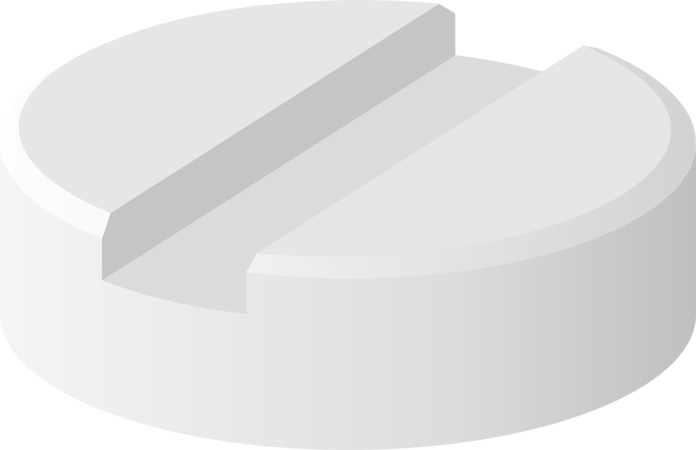A surge in the production, trafficking, and consumption of Captagon in the Middle East over the past decade has made the little, off-white pills the most popular narcotic in the region. Fighters on both sides of the Syrian conflict have long been associated with the use of synthetic amphetamines before going to battle. However, experts, law enforcement, and authorities have warned that Captagon is spreading across the borders of Syria to Lebanon and Jordan, putting the region at risk of instability and filling the Middle East with inexpensive but lethal pharmaceuticals.
The monarchy has prohibited agricultural imports from Lebanon in an effort to curb trafficking, but addiction specialists warn of the serious consequences of amphetamine misuse and expose the country’s efforts to undermine Captagon’s appeal. However, Captagon manufacturers hiding out in Lebanon’s Bekaa Valley, a historic and fertile region far from the reach of the country’s security agencies, brag about how easy it is to generate big numbers of the pills and how much money they can make from the profitable trade in these pills.
There is still a large amount of Captagon being made in Syria despite warnings from specialists, law enforcement, and officials that the substance is seeping across the border into Lebanon and Jordan. Users, doctors, and health officials have warned about the dangers of amphetamine overuse and how the Kingdom is striving to fight the Captagon’s growing popularity. Although the country’s security forces cannot access the Captagon makers in Lebanon’s Bekaa Valley, an old and fertile region, the country’s security personnel boast of the ease with which they can generate big numbers of the pills and how much money they can make from the profitable trade. Captagon and Iranian-made crystal methamphetamine is being seized by anti-narcotics agents in large quantities in Iraq.









